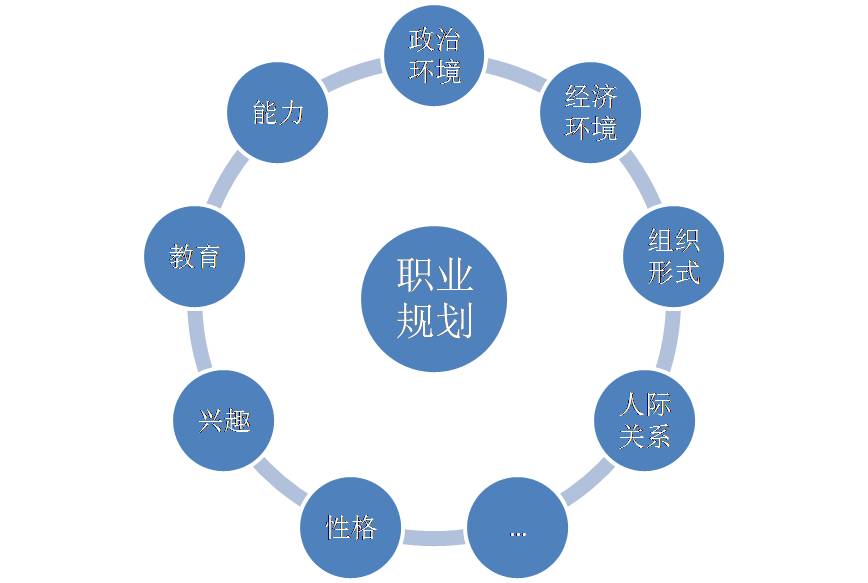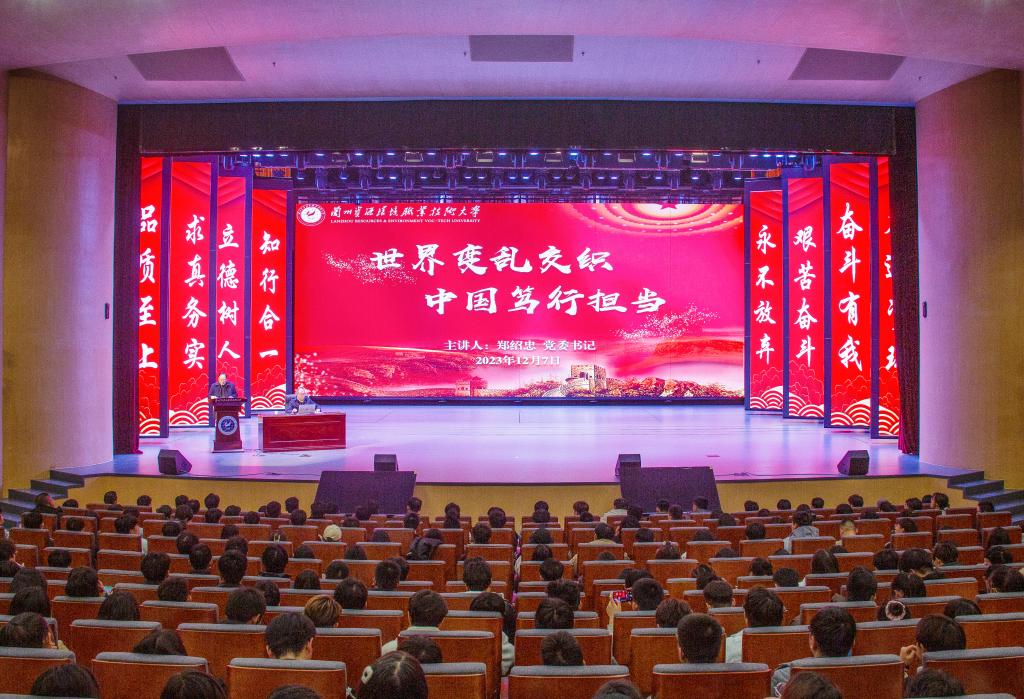以Environmental protection is more vital to human survival than economic development为辩题,进行一场两人辩论,至少6个
A: Good afternoon, I stand firmly that environmental protection is more vital to human survival than economic development.
B: Interesting perspective, but I must disagree. Economic development is the foundation for a prosperous society and can lead to improved living standards, which in turn can support environmental sustainability.
A: While I understand your point, economic growth often comes at the expense of the environment. Unchecked industrialization leads to pollution, deforestation, and loss of biodiversity, which ultimately threatens our very existence.
B: True, there are challenges associated with rapid economic growth, but we cannot ignore the fact that economic development provides the resources necessary for research, innovation, and implementation of green technologies. Without economic strength, how can we afford these advancements?
A: That's a fair point, but we need to prioritize sustainable practices now rather than later. We're already witnessing the devastating impacts of climate change, which disproportionately affects the poorest communities. Environmental protection ensures a livable planet for future generations.
B: Agreed, but let's not forget that poverty alleviation through economic development can reduce environmental degradation too. When people have better livelihoods, they are less likely to engage in activities harmful to nature, such as illegal logging or overfishing.
A: Yet, history shows us that short-term economic gains often lead to long-term environmental costs. We need policies that promote both economic and ecological well-being simultaneously, not one at the expense of the other.
B: Indeed, integrated approaches are crucial. However, it's important to recognize that economic development can create the financial capacity to invest in renewable energy, conservation projects, and environmental education – all critical for sustainable progress.
A: Absolutely, investment is key, but if we continue on the current path of exploitative growth, we risk reaching an ecological tipping point where recovery becomes nearly impossible. Sustainable practices should be at the heart of economic planning.
B: I concur that balance is essential. Let's strive for an economy that respects environmental boundaries and fosters innovation towards green solutions. This way, we don't have to choose between prosperity and preservation; we can achieve both.
B: Interesting perspective, but I must disagree. Economic development is the foundation for a prosperous society and can lead to improved living standards, which in turn can support environmental sustainability.
A: While I understand your point, economic growth often comes at the expense of the environment. Unchecked industrialization leads to pollution, deforestation, and loss of biodiversity, which ultimately threatens our very existence.
B: True, there are challenges associated with rapid economic growth, but we cannot ignore the fact that economic development provides the resources necessary for research, innovation, and implementation of green technologies. Without economic strength, how can we afford these advancements?
A: That's a fair point, but we need to prioritize sustainable practices now rather than later. We're already witnessing the devastating impacts of climate change, which disproportionately affects the poorest communities. Environmental protection ensures a livable planet for future generations.
B: Agreed, but let's not forget that poverty alleviation through economic development can reduce environmental degradation too. When people have better livelihoods, they are less likely to engage in activities harmful to nature, such as illegal logging or overfishing.
A: Yet, history shows us that short-term economic gains often lead to long-term environmental costs. We need policies that promote both economic and ecological well-being simultaneously, not one at the expense of the other.
B: Indeed, integrated approaches are crucial. However, it's important to recognize that economic development can create the financial capacity to invest in renewable energy, conservation projects, and environmental education – all critical for sustainable progress.
A: Absolutely, investment is key, but if we continue on the current path of exploitative growth, we risk reaching an ecological tipping point where recovery becomes nearly impossible. Sustainable practices should be at the heart of economic planning.
B: I concur that balance is essential. Let's strive for an economy that respects environmental boundaries and fosters innovation towards green solutions. This way, we don't have to choose between prosperity and preservation; we can achieve both.




